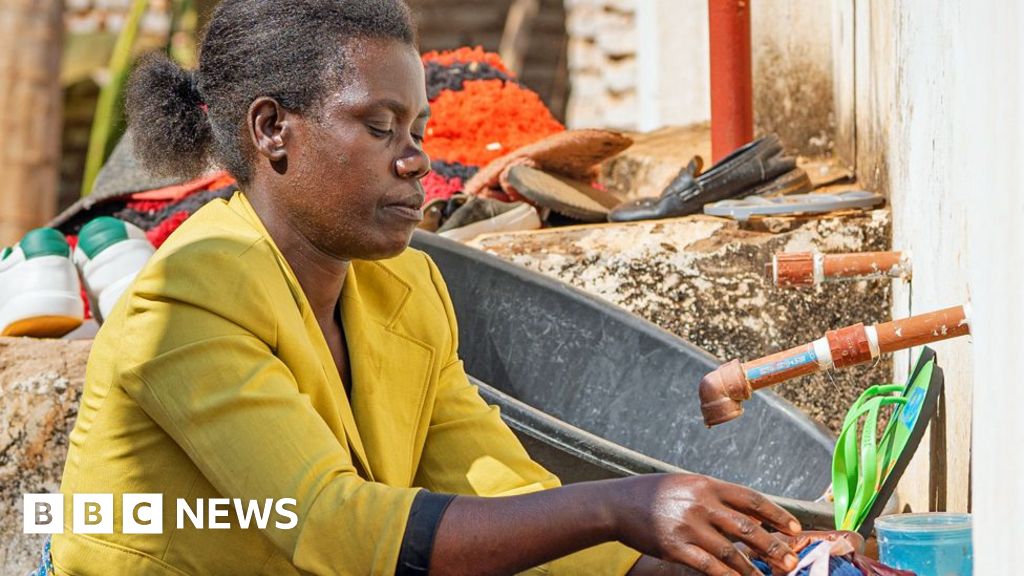
Malawi is currently facing an economic crisis driven by high inflation and an escalating cost of living, deeply affecting the daily lives of its citizens. The situation has sparked widespread concern as households grapple with shrinking purchasing power, limited access to basic goods, and increasing financial pressure.
Individuals like Suzanna Kathumba exemplify the hardships faced by many Malawians. With prices of everyday essentials such as food, fuel, and transport rising significantly, many families are forced to adopt stringent budget measures and forego non-essential expenditures. The crisis is particularly dire for low-income households, which account for a large portion of the population.
Economic experts point to several contributing factors, including global supply chain disruptions, dependence on imports, and fluctuations in foreign exchange rates. Additionally, poor agricultural yields in recent seasons have not only affected food security but also weakened rural incomes, further exacerbating the situation.
The Malawian government has acknowledged the economic challenges and is seeking international support, including aid and debt relief, to ease the burden on citizens. Measures such as subsidies and social welfare programs have been introduced, but many argue that more durable solutions are necessary to safeguard vulnerable communities and restore economic stability.
As inflation continues to erode livelihoods and widen socio-economic disparities, the plight of people like Kathumba underscores the urgent need for comprehensive policy action to address the root causes of the economic downturn and promote long-term resilience for the nation’s population.
Source: https:// – Courtesy of the original publisher.








